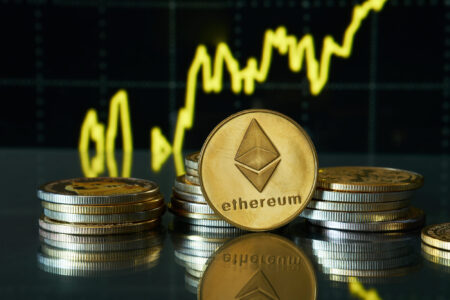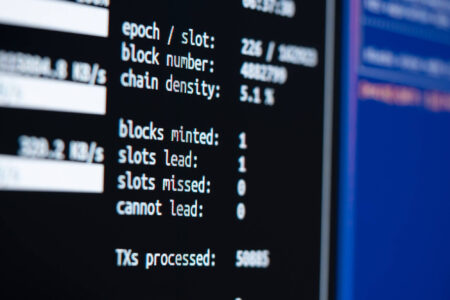In the world of blockchain, the expression "to mint" describes the issuance of coins or other financial instruments (e.g. NFTs). The original meaning comes from the production of physical currency, such as gold or silver coins. Similarly in the blockchain space the term is used to describe the creation of digital assets or tokens when they are first released onto the blockchain.
New coins are minted by validating data, through the verification of new blocks which hold the data of current transactions. In the case of NFTs, the tokens are released by a smart contract upon the receipt of the required funds. Once minted, the tokens enter circulation, and become available for trading in the market.
When are cryptocurrencies minted?
Cryptocurrencies are minted in different ways depending on the type of blockchain used.
- Proof of Work (PoW)
PoW is an approach used by networks such as Bitcoin. Miners do the "work" by validating the blocks of the current Bitcoin transactions. As a reward the miners receive Bitcoin. The BTC used to reward miners is minted and hasn't been in circulation until this point. - Proof of Stake (PoS)
The most famous PoS blockchain is Ethereum (formerly PoW). In PoS blockchains there are "stakers" who commit existing coins to a "stake pool", a pool of temporarily locked funds. The validators are randomly selected based on the number of staked coins to validate transactions. For each successful validation the validators receive a payout in minted tokens.
What is NFT Minting?
Non-fungible tokens (NFTs) are unique digital tokens that establish ownership of specific digital assets such as artwork, in-game items, videos or music. NFTs are typically minted on a project's "mint page". Users can connect their wallets and perform a crypto transfer for the specified currency and amount. The smart contract automatically releases the NFT to the buyer's wallet upon receipt of the correct amount of digital assets.
NFTs can also be minted by creators, typically done in the art space with 1of1s (unique pieces). Through this creators gain ownership and control of their work, allowing them to create exclusive communities and perks for NFT holders. NFT minting offers a significant advantage in terms of monetisation. Creators can directly monetise their digital creations by selling NFTs on online marketplaces. This shift from traditional methods such as gallery exhibitions or licensing deals allows creators to take control of their financial success.









